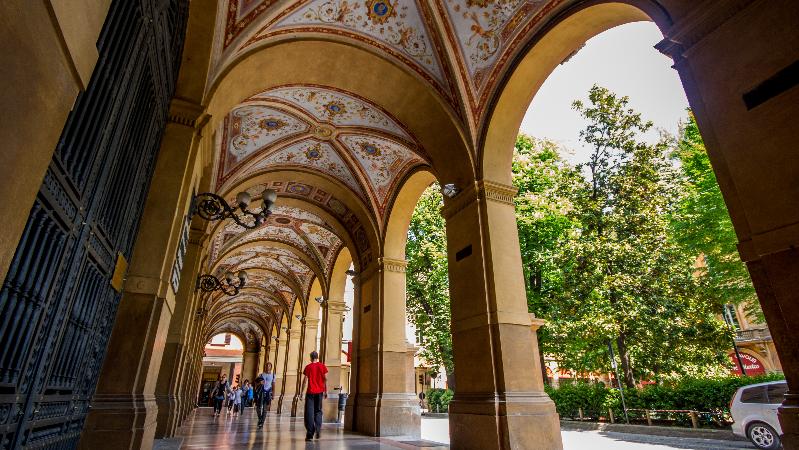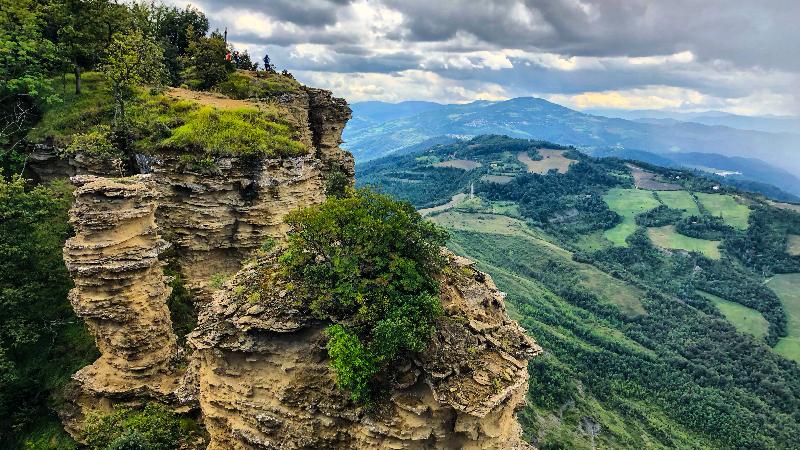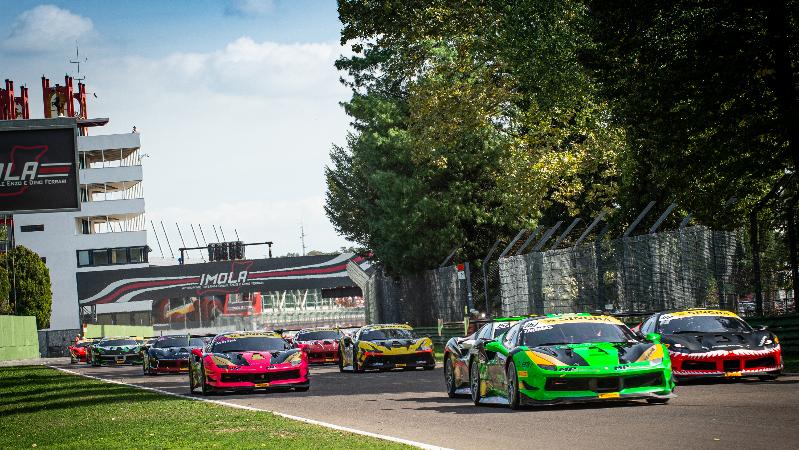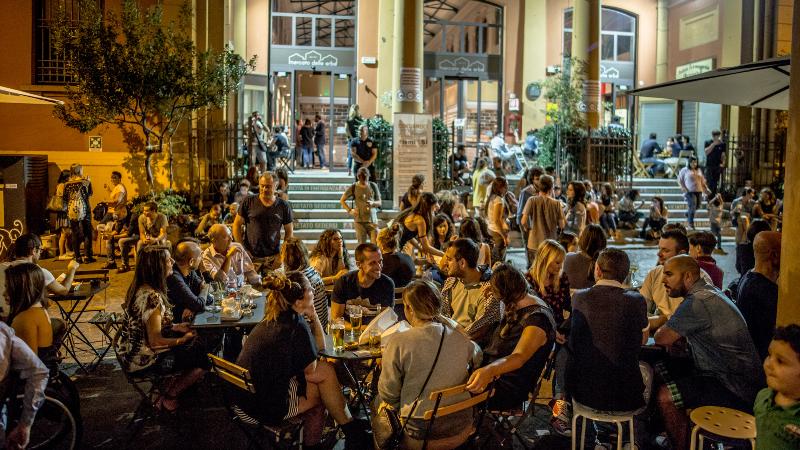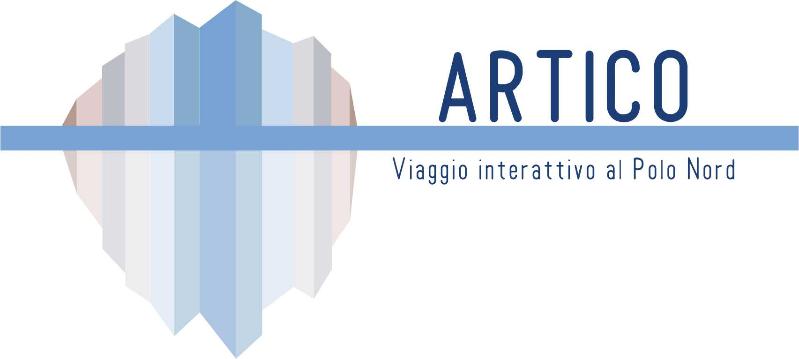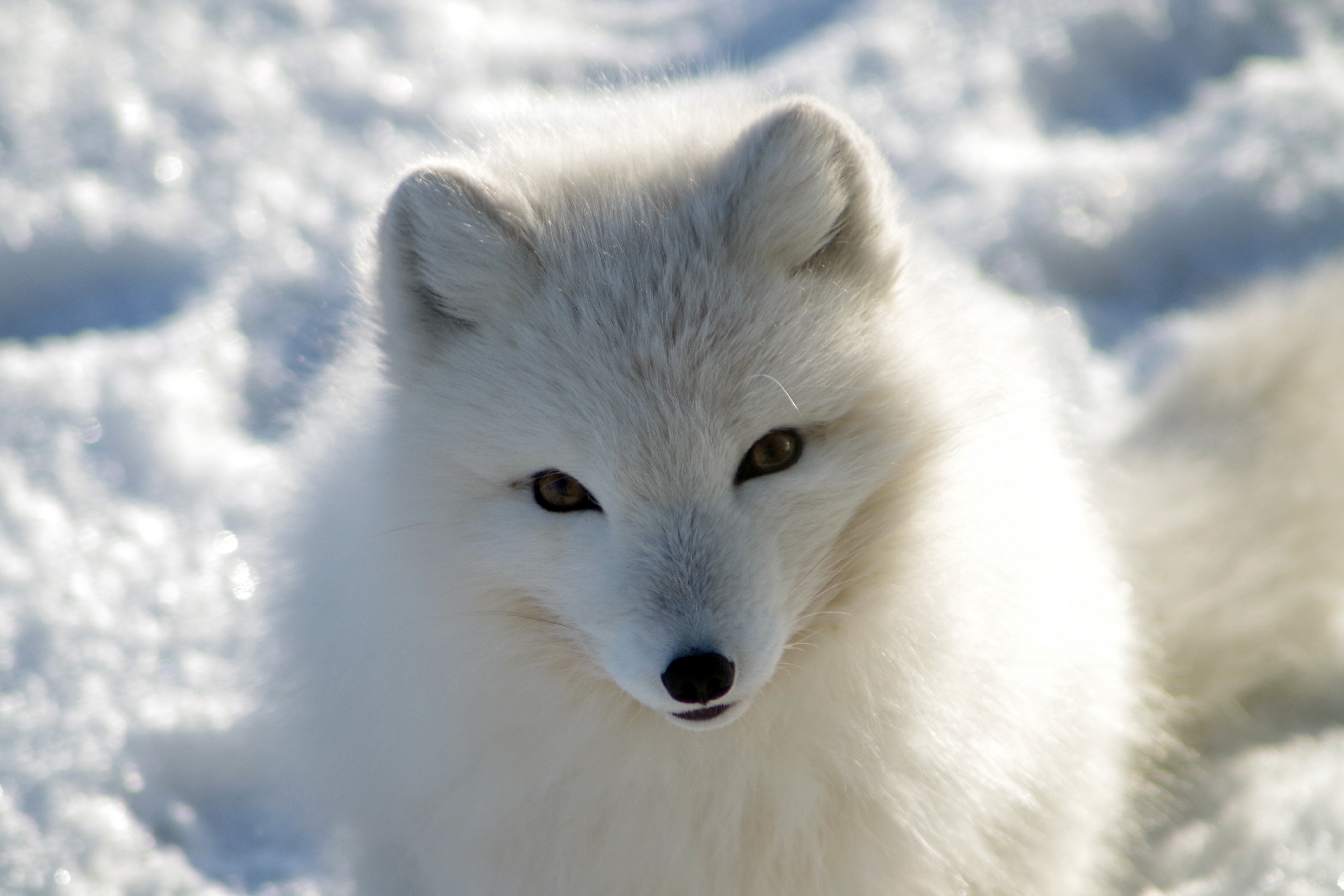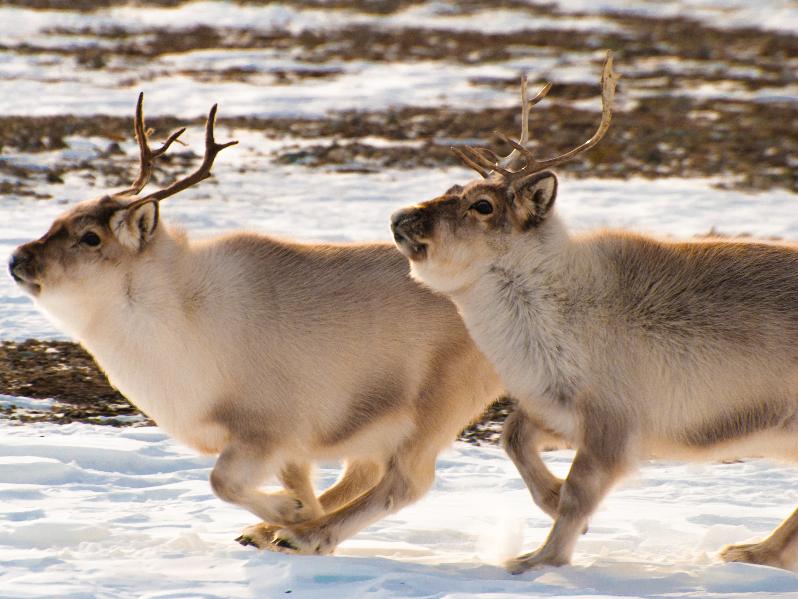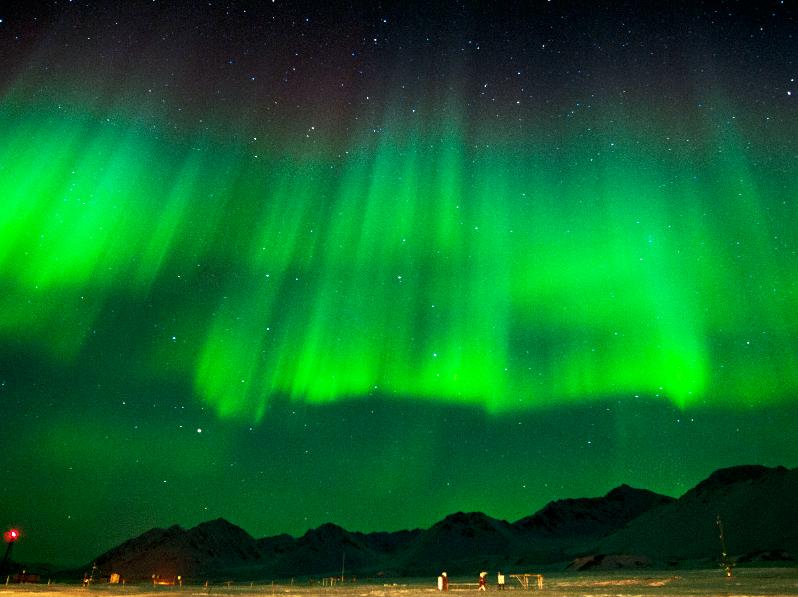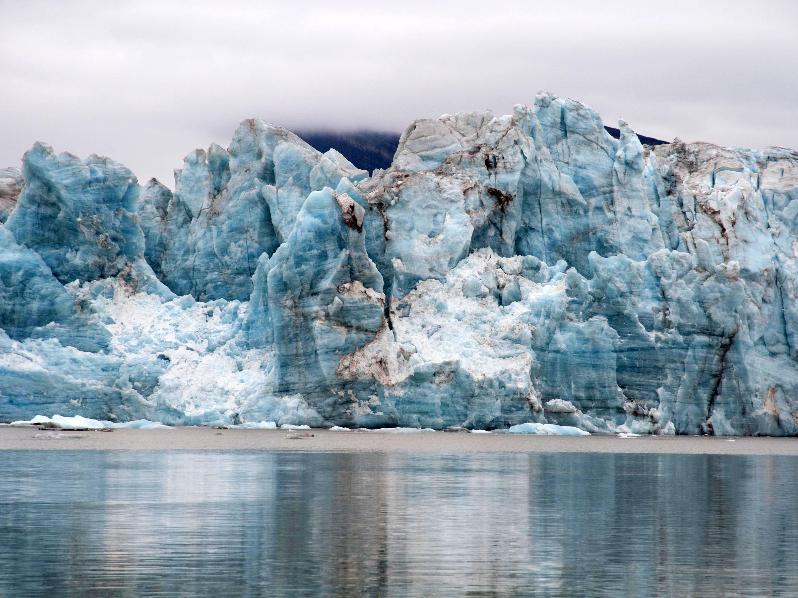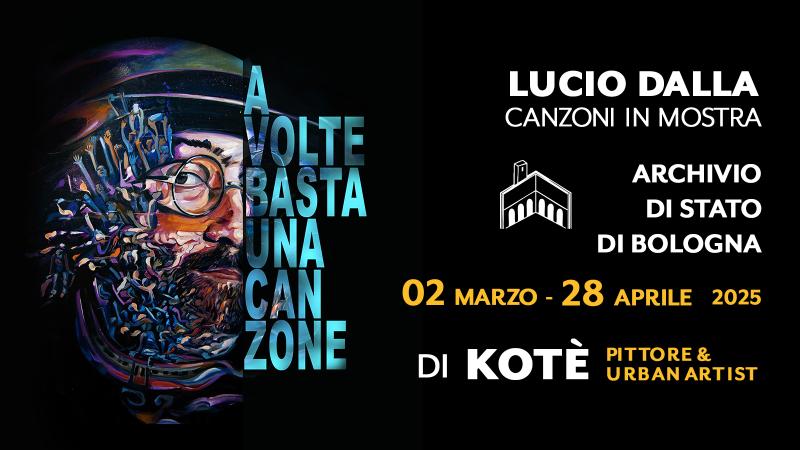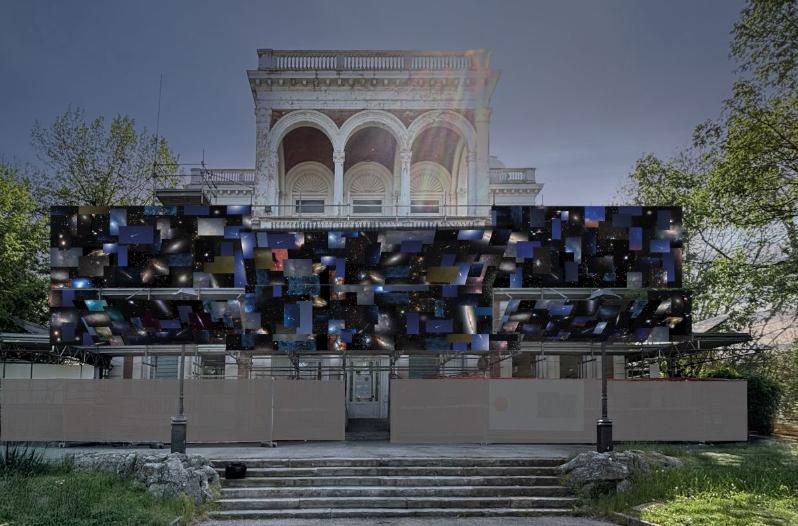Climate change today represents a crucial challenge for the future of the Earth system and the Arctic is the region of the planet where it occurs more rapidly than elsewhere. Global warming has a tremendous impact on ice-covered surfaces, in particular on the generation and expansion of marine ice, on the retreat of glaciers and the thawing of permafrost.
These phenomena have important implications on the increase of areas of vegetation and tundra, on animal life and on the whole Arctic ecosystem. This process has economic, social, and geopolitical impacts that go well beyond the borders of the Arctic. For this reason, the Arctic region can be considered a great natural laboratory to study these processes. The description of the geographical characteristics, with reference to the discoveries and to the indigenous communities, is followed by an overview of the mechanism regulating the distribution of energy on the Planet and the way it affects the polar areas and by an explanation of phenomena such as the aurora borealis, midnight sun and ozone depletion (commonly called ozone “hole”).
The exhibition continues with a focus on the main research activities that Italy carries out in the Arctic, particularly in the Svalbard Islands.
The exhibition presents physical and multimedia installations, interactive experiments, scientific tools, scale reproductions, documents, objects, and suggestive images. The public is guided to the discovery of the Arctic its characteristics.
Show more